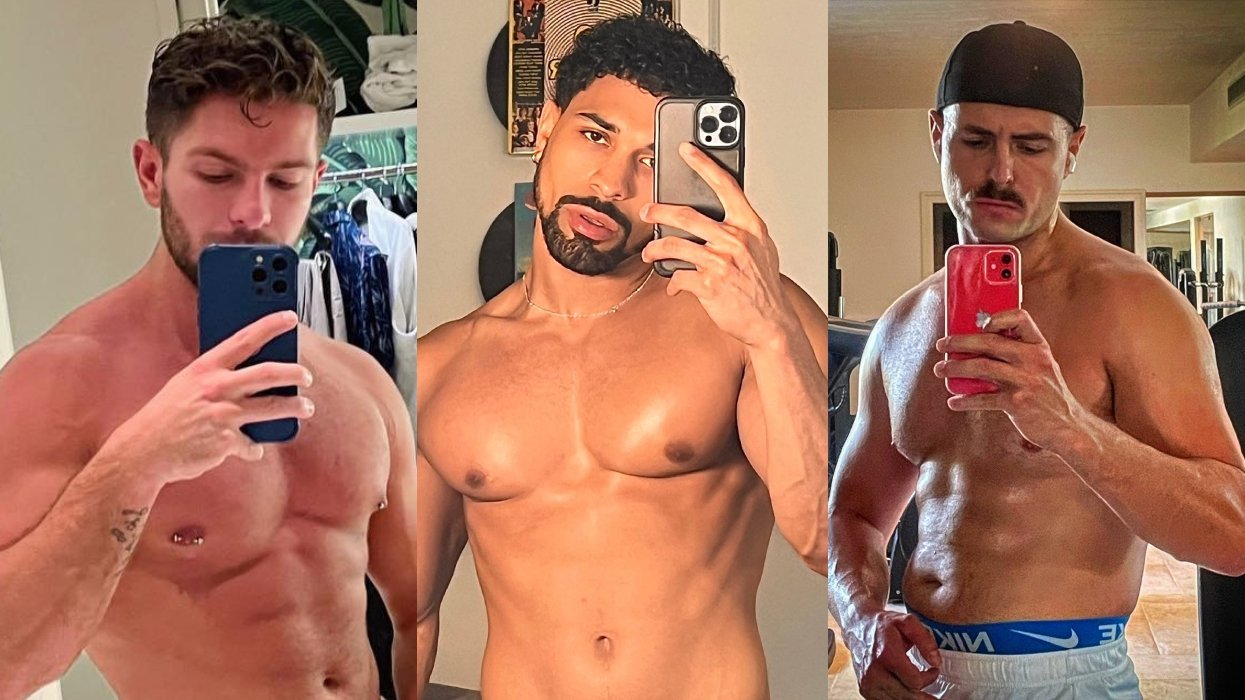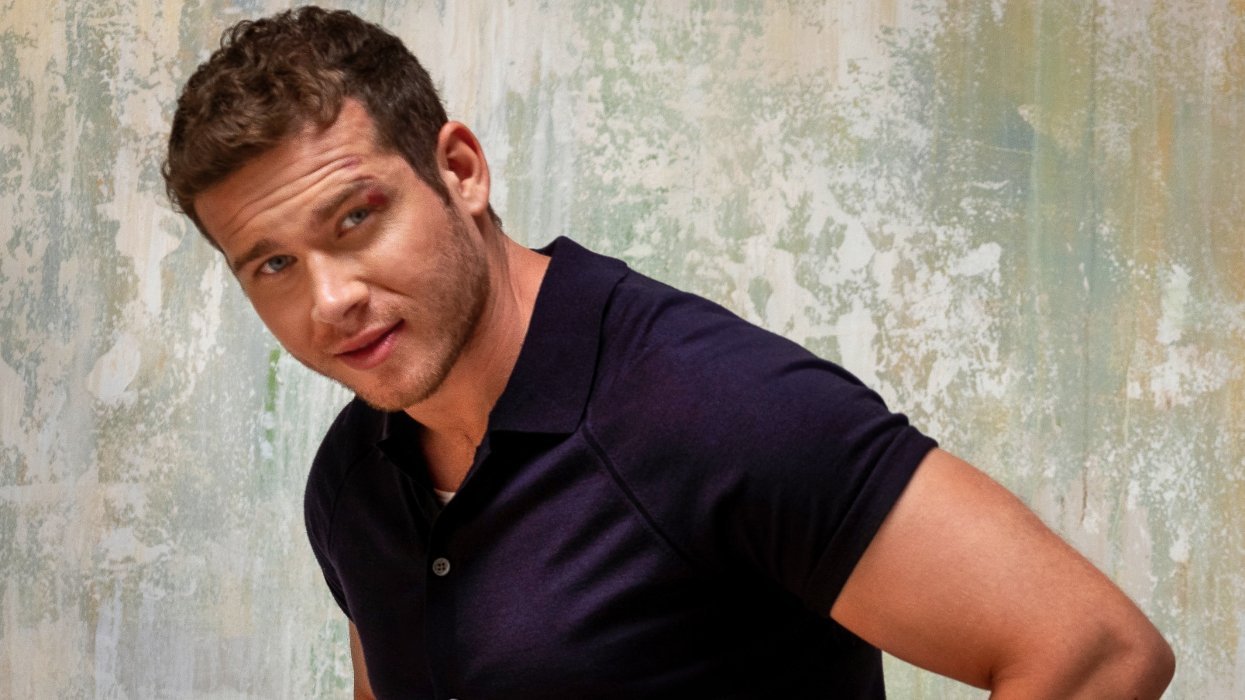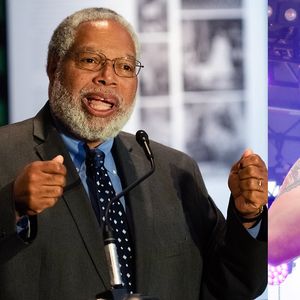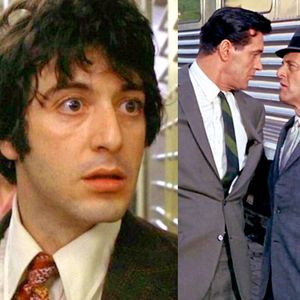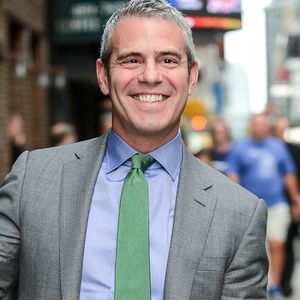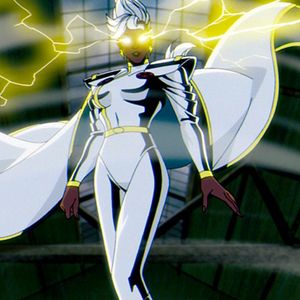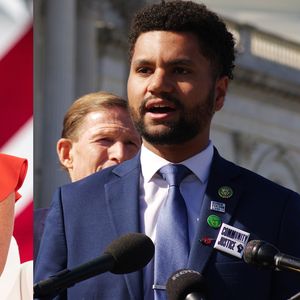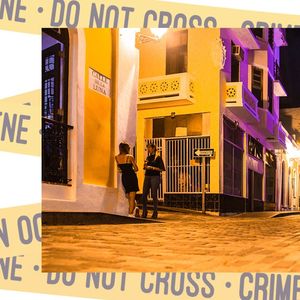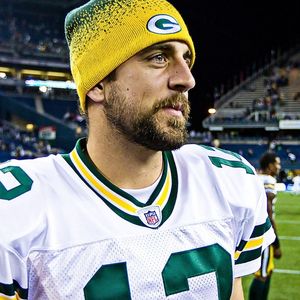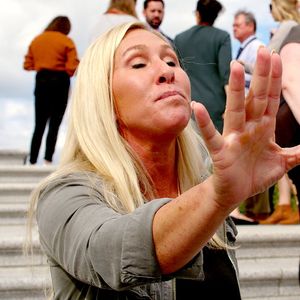I came out with a shrug, not a bang. Admittedly, looking back at the event as it transpired four years ago, it was more than a bit anticlimactic. A major step for any gay man, I had pictured the process much differently in my mind, with my imaginarily renderings typically ending in a collective case of crying and nausea, with my interpretation of "True Colors" popping up intermittently.
After I'd finally plucked up the courage to reveal the truth to those closest to me, however, it all felt rather nonchalant. More a dialog than a declaration: no tears, no meltdowns, and no dramatic readings from biblical texts accompanied by rosary beads and prayer for my eternal salvation. Honestly, it couldn't have been easier.
After tackling one of the largest milestones in my life with an ease I never could have anticipated, nothing much seemed to have tangibly changed. The world still looked the same, felt the same, tasted the same, and, after awhile, I found myself wondering, "What now?"
Since I was born nearly 20 years ago, the world has taken a drastic turn for the gayer. And while the casual nature of my coming out owes quite a bit to the accepting nature of my family and friends, my experience is also representative of a greater shift that has occurred in society, one in which gay men have moved from being a minority on the fringe to occupying a strong and open space in the status quo. Once defined as patients, deviants, or troublemakers, gay men have, since 1991, undergone major changes as a minority, evolving beyond being a countercultural reaction to a heteronormative society.
Growing up in a mildly rural town in Michigan, one in which the pastoral charms of a quieter existence soon wore thin on my angst-ridden adolescent spirit, I began to put together the pieces of my homosexuality in middle school. My experience was never warped by doubt or molded by fear. I never had to fumble in the dark for experience or come to terms with concepts larger than myself that I couldn't connect. I knew it wasn't normal, but it was a different I could understand.
I never had to imagine a world in which gay marriage was a notion too impossible to entertain because it was always something tangible, being discussed on the nightly news. Gay men were present in the television shows I watched, the films I went to, and the magazines I read, existing as flesh-and-blood individuals instead of stereotypical renderings. My questions were answered and connections were made, all in the blink of an eye.
Now, years after I first began to understand what it meant to be gay, the game has changed completely, finding the limitations or definitions I held for myself nearly a decade ago now completely shattered. No longer forced to subvert the discriminatory power structures and societal prejudices that were preeminent years ago, gay men are now an omnipresent and palpable force in society, proudly visible in every sector of life, ranging from primetime television to politics. In some ways, the cultural climate has flipped completely: messages of acceptance and equality saturate the airwaves today, becoming commercialized cash cows employed by many a pop star and TV show. The line between gay beliefs and straight fundamentals continues to dim, with the two becoming more intertwined with every passing year.
And yet, as these boundaries continue to blur and the distinctions begin to dissipate, our community continues to leave behind pieces of the past that were, at one time, unshakable. Events such as the Stonewall Riots and figures like Harvey Milk have become fossilized foundations belonging to a social movement of a different order, casually mentioned with a half-hearted reverence that proves to be more practiced than pure. In the not-too-distant past, these markers in history were battle cries, uniting gay men from coast to coast; now, they prove to be little more than noise in the background. In the process, the common ground that we once all stood on together has been shaken considerably, with the ability to safely and openly exist as individuals causing cracks in a previously resolute foundation.
Looking back at the past 20 years, I can see how immensely privileged I've been to be a child of this generation. Today, we're now able enough to view ourselves in shades of gay, liberated to the point where we can eschew the margins of a singular identity. However, as the line in the sand between straight and gay continues to blur, the experience of being a homosexual in the modern age continues to grow in complexity. It's no longer as simple as it was two decades ago when activists united and proclaimed, "We're here! We're queer! Get used to it." It's official: We're here. What now?








